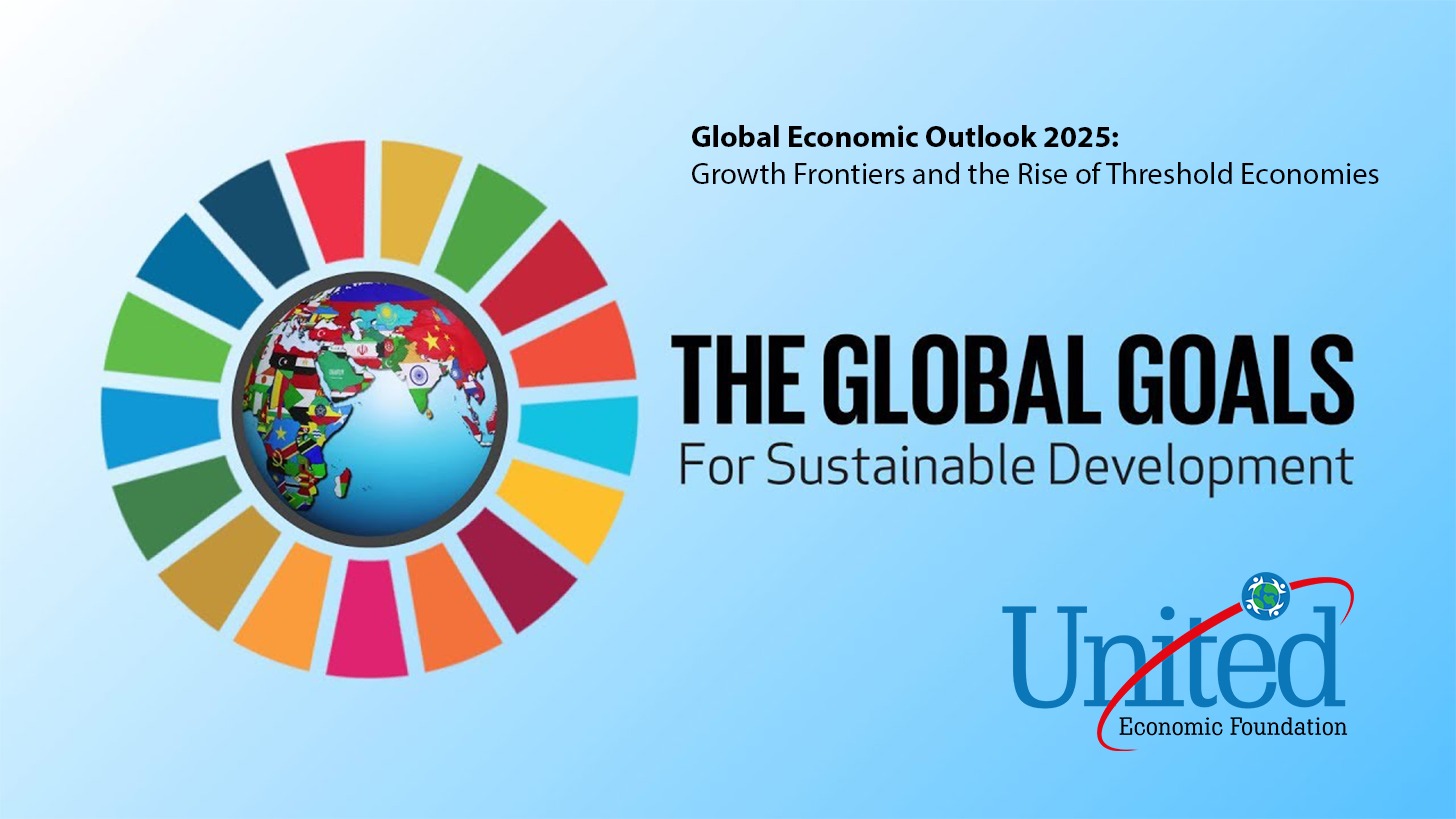
Nepal’s Blacklisting: Addressing the Structural Fault Lines
Published by UEF Research Team
Nepal’s recent placement on international blacklists due to political instability, economic vulnerability, entrenched corruption, and bureaucratic inefficiency represents a critical juncture for the country’s development trajectory. While this status is concerning, it also provides an opportunity for Nepal to confront systemic weaknesses and implement reforms that can restore both domestic stability and international credibility.
Political Volatility and Policy Discontinuity
A central factor behind Nepal’s current predicament is its chronic political instability. Successive governments, often formed through fragile coalitions, have struggled to complete their mandates, resulting in frequent policy reversals and an absence of long-term strategic planning. The lack of predictability in governance undermines investor confidence, delays infrastructure projects, and restricts the nation’s ability to capitalize on its comparative advantages in sectors such as hydropower, agriculture, and tourism.
Economic Fragility and Structural Imbalances
Nepal’s economy faces persistent challenges, including a widening trade deficit, inflationary pressures, and heavy reliance on remittance inflows, which constitute a significant share of GDP. Limited industrial diversification leaves the economy vulnerable to external shocks. Moreover, fiscal imbalances, coupled with declining foreign investment, place significant strain on development financing. Without structural reforms aimed at boosting productivity and expanding domestic value chains, Nepal risks long-term stagnation.
Corruption and Bureaucratic Inefficiency
Institutional integrity remains one of the most pressing concerns. Corruption is deeply embedded in political and administrative structures, reflected in weak enforcement of laws, misallocation of resources, and limited accountability. Simultaneously, bureaucratic inefficiency—marked by procedural delays, opaque decision-making, and excessive regulatory hurdles—creates a hostile climate for both domestic entrepreneurs and foreign investors. Together, these factors contribute to the erosion of public trust and hinder effective policy implementation.
Implications of Blacklisting
International blacklisting carries far-reaching implications. It heightens compliance costs for financial institutions, constrains access to foreign capital markets, and deters external investment. In addition, it places Nepal under stricter scrutiny from global financial bodies and development partners, potentially jeopardizing international aid and trade privileges. The reputational damage associated with blacklisting risks further marginalizing Nepal within the global economic system.
Strategic Imperatives for Reform
To reverse course, Nepal must undertake decisive and comprehensive reforms:
Ensuring Political Stability: Institutionalizing mechanisms that promote political consensus, policy continuity, and effective governance.
Strengthening Economic Foundations: Diversifying the economy, promoting industrialization, and leveraging strategic sectors such as renewable energy and digital services.
Enhancing Transparency and Accountability: Establishing robust anti-corruption frameworks, empowering oversight bodies, and embracing digital governance to reduce opportunities for rent-seeking.
Modernizing Bureaucracy: Streamlining administrative processes, reducing regulatory bottlenecks, and professionalizing civil service to improve efficiency and service delivery.
Rebuilding International Confidence: Engaging multilaterally to demonstrate commitment to reform, thereby re-establishing trust with investors, donors, and global institutions.
Nepal’s blacklisting should serve as a catalyst for introspection and reform rather than a permanent setback. By addressing governance deficits, economic vulnerabilities, and institutional weaknesses, Nepal can reposition itself as a credible partner in the global economy. With strong political will and sustained international cooperation, the country has the capacity to transform this moment of crisis into a foundation for long-term resilience and prosperity.
Related post
Most read
Latest world's most important and pressing issues
more
Comprehensive
Nepal’s Investment Climate: Challenges Overshadowing Potential
Sep, 30, 2025
Unitedforum

Comprehensive
Nepal’s Political Parties and the Shadow of Foreign Influence
Sep, 22, 2025
Unitedforum
Upcoming events

EVENT
World Ocean Summit & Expo
World Ocean Summit & Expo 2026, organized by Economist Impact, will take place from Wednesday, March 4 to Thursday, Marc...
Past events

EVENT
Franchise-Meet Europe- 2025
Franchise-Meet Europe 2025 is set to take place from July 12 to 14, 2025, at the FYCMA - Trade Fairs and Congress Center...

EVENT
IMEX Frankfurt 2025
IMEX Frankfurt 2025 is set to take place from May 20–22, 2025, at Messe Frankfurt, Germany. As one of the premier global...

EVENT
Global Youth Leadership Summit & Awards 2025
The Global Youth Leadership Summit & Awards 2024 is set to take place on 21-22 April, 2025, in the vibrant city of Malag...

EVENT
Agricultural Excellence Conference (AgEx 2024)
AgEx 2024, held November 19-21 in Abbotsford, BC, is Canada’s only national event dedicated to farm management and safet...


EVENT
Korea MICE Expo (KME) 2024
The Korea MICE Expo (KME) 2024 will be held from November 6-8 at Songdo ConvensiA in Incheon, South Korea. As the countr...

EVENT
IMEX AMERICA
IMEX America 2024 is set to be one of the largest gatherings for the global meetings, incentives, conferences, and event...







